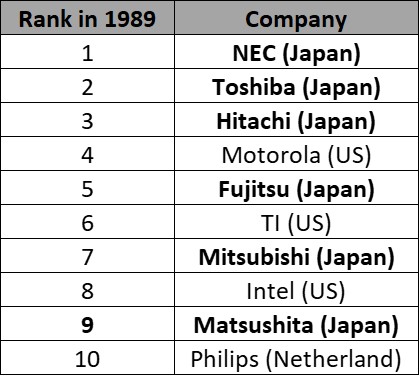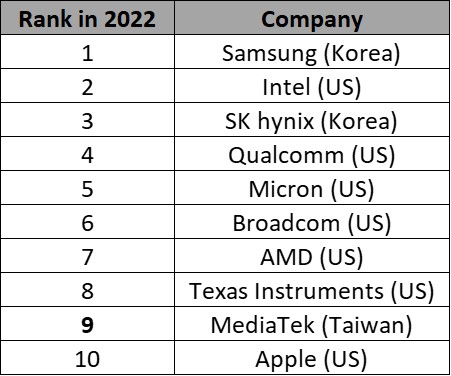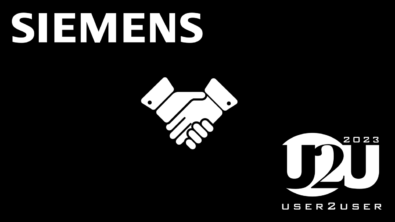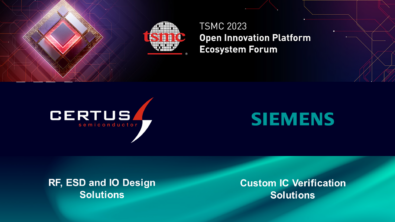The Resurgence of Japan’s Semiconductor Industry

The History of Semiconductors in Japan
Japan has a rich history of innovation in the semiconductor industry. During the 1980s and 1990s, Japan held a dominant position with a 50% share of global semiconductor industry revenue. The primary products included Memory (DRAM), Micro Processing Units (MPU), and related components for personal computers, home appliances, and more. The revenue share of world-wide semiconductor companies in 1989 is shown in Table 1 [1], where 6 out of the top 10 companies were from Japan.

Table 1: World-wide semiconductor revenue ranking in 1989
However, in the 2020s, Japan’s market share dwindled to less than 10% due to significant shifts in industry trends. The surge in demand for consumer electronics, particularly mobile phones played a pivotal role in this decline. Additionally, the rise of fabless companies and the expanding foundry business further exacerbated the situation, making it challenging for traditional Japanese semiconductor companies to adapt to the rapidly evolving landscape. Table-2 [2] summarizes the semiconductor revenue in 2022, where none of the Japanese semiconductor companies were in the top 10.

Table 2: World-wide Semiconductor revenue ranking in 2022 (excluding pure play foundries)
Despite this three-decade-long recession, Japan has managed to maintain its leadership in specific segments of the semiconductor industry. These areas include memory, CMOS image sensors (CIS), Micro-Controller Units (MCU), and power semiconductors [3]. Notable players in these fields include Kioxia for NAND memory, Sony for CIS, Renesas for MCU in the automotive sector, and Toshiba, ROHM, Denso, and Mitsubishi for power semiconductor with their owned fabs, and several others.
Recent Semiconductor Trends in Japan
Year 2022 showed positive momentum for semiconductor industry growth in Japan. TSMC invested in a new fab in Kumamoto with its popular planar technology nodes 22/28nm [4] and FinFET technology nodes at 12/16nm [5], making it the most advanced process foundry in Japan. Leveraging the power, performance, area (PPA) advancements in process technologies and local-manufacturing plants, Japan has the potential to extend its leadership into specific applications like CIS and MCU, targeting advanced logic chips for cell phones and automobiles by 2024.
Further, recognizing the surging demand for AI and data centers, where massive data processing is critical, a recently established company, Rapidus, has unveiled ambitious plans to pioneer advanced process technology down to the 2nm node by 2027. Rapidus has received investments from prominent Japanese corporations such as Toyota, Denso, Sony, and more. This endeavor includes a strategic collaboration with tech giant IBM to harness its cutting-edge 2nm GAA (Gate-All-Around) transistor process technology [6]. This joint effort is set to drive Japan into a position of prominence in the global semiconductor landscape, specifically in the cutting-edge nanoscale processes.
It’s not just the manufacturing side. The IC design sector is also witnessing significant activity in this transformative landscape. Numerous fabless logic IC design houses are actively participating in this evolving landscape, targeting applications in cell phones, automotive-oriented chips, AI, high-performance computing (HPC) and more. Acquisitions and new collaborations across continents is also an increasing theme. To cite some examples:
- Renesas has tied into Europe with the acquisition of Dialog Semiconductor in 2021 [7] and the recent acquisition intent of Sequans Communications [8].
- SiTime was acquired by Megachips to strengthen its leadership on MEMS timing device in 2014.
- TDK Corporation acquired InvenSense in 2017 to expand its portfolio on IoT products
- TSMC made plans to develop intellectual property designs at the Osaka site, with an additional 400 research and development engineers in 2022 [9], supported by the establishment of the Yokohama design center in 2020.
- Micron and Samsung have similarly committed to increased investment in Japan for the continuous advancement of research, development, and manufacturing of semiconductor devices [10].
Many semiconductor events have received high focus in Japan this year, including TSMC 2023 Technology Symposium, Samsung Foundry Forum 2023, TSMC 2023 OIP Ecosystem Forum and the upcoming SEMICON Japan 2023. Such events continue to attract large audience from within and outside Japan.
Siemens’ comprehensive portfolio to advance Semiconductor development
Siemens Digital Industries Software (Siemens DISW), the global leader in digitalization with over 250 offerings including digital services and industrial applications has a long history of helping customers and partners innovate solutions across industries. Siemens EDA under DISW has a broad portfolio including design creation with high level synthesis and edge physical design solutions, design verification with Custom IC, functional and scalable hardware verification solutions, and design to silicon verification with physical, test and yield verification solutions. As a leading EDA provider, Siemens EDA is invested in supporting Foundries, IDMs, IC design companies, system integrators and compute infrastructure providers with EDA software, hardware and services. Our tools enable the design of innovative ICs that drive digitalization worldwide, proliferating high-speed wired and 5G communications, cloud computing, autonomous driving, and AI-smarter technologies. With Siemens EDA and the Siemens Xcelerator portfolio, companies of all sizes can access the digital technologies to transform the way they compete, collaborate and connect.
Custom IC Verification (CICV) Division, an integral part of Siemens EDA, is dedicated to developing intelligent solutions for analog, RF, mixed-signal, memory, custom digital applications. Intelligent custom IC verification leverages artificial intelligence (AI), data analytics, and visualization to enhance engineering efficiency and accuracy in verifying custom integrated circuit functional correctness, performance, and reliability across all process, voltage, and temperature operating conditions. Our AI-powered verification platforms utilize adaptive learning with self-verification, additive AI, and generative AI-based assistive technologies to dramatically reduce simulation time, prevent overdesign, and enable engineering teams to quickly identify and address any issues before the IC goes into production. Our platform includes: Solido Design Environment, Solido Characterization Suite, Solido IP Validation, AFS SPICE, Fast SPICE and Symphony mixed-signal products.
White paper technical resources for various CICV products can be accessed below.
- SPICE simulation: Access here
- Mixed-signal simulation: Access here
- Environment and Variation-aware verification: Access here
Siemens EDA recently showcased technology innovation in Japan. With RFICs and analog interfaces gaining high focus with next-generation chips, Siemens CICV was selected by TSMC to present multiple topics with Certus Semiconductor on High-voltage RF and Analog interfaces, and Multi-protocol I/Os catered for a wide range of industry applications.
Siemens EDA is dedicated to supporting the growth in semiconductor industry in Japan. Come partner with us!
Reference Material
[1] Revenue of semiconductor companies in 1990
[2] Revenue of semiconductor companies in 2022
[3] Japanese semiconductor products in 2020s
[4] TSMC to Build Specialty Technology Fab in Japan with Sony Semiconductor Solutions
[5] DENSO to Take Minority Stake in JASM
[6] IBM and Rapidus Form Strategic Partnership to Build Advanced Semiconductor Technology and Ecosystem in Japan
[7] Renesas Completes Acquisition of Dialog Semiconductor
[8] Renesas to Acquire Cellular IoT Technology Leader Sequans Through Tender Offer
[9] TSMC expanded design center in Osaka
[10] Global chipmakers to expand in Japan as tech decoupling accelerates


